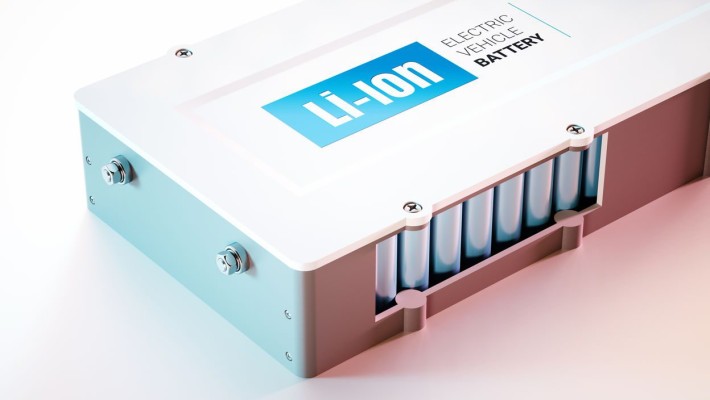Freight Forwarder Insights
Huin International Logistics Latest Articles
Ensuring the Safe Transport of Lithium Batteries: A Professional Guide
As the demand for longer-lasting battery life increases, the capacity of lithium batteries has significantly enhanced, allowing equipment to operate for extended periods. However, this surge in power can also elevate the risks associated with their transport. Improper packaging or damage during transit can cause these batteries to short-circuit, potentially leading to overheating and fires. This risk is even higher with substandard or counterfeit batteries that have not undergone rigorous testing.
To mitigate these dangers, strict regulations govern the shipment and transportation of lithium batteries. Failure to comply, including false declarations, incorrect packaging, or mishandling of hazardous goods, can result in severe penalties.
Essential Information on Lithium Battery Transport
Common Categories of Lithium Batteries:
- UN3090: Lithium Metal Batteries (Hazard Category 9)
- UN3091: Lithium Metal Batteries contained in or packed with equipment (Hazard Category 9)
- UN3480: Lithium-Ion Batteries (Hazard Category 9)
- UN3481: Lithium-Ion Batteries contained in or packed with equipment (Hazard Category 9)
Common Items Containing Lithium Batteries:
- Mobile Phones | Laptops and Tablets
- Cameras | Electronic Watches
- Measuring Equipment | Medical Devices
- Hoverboards | Electric Bicycles
- Power Tools | Drones
Steps to Take Before Shipping:
- Verify with the supplier the type of battery and obtain the necessary supporting documents.
- Review the shipping company’s guidelines regarding lithium battery transport.
- Ensure that the shipment is properly packaged and labeled according to regulatory standards.
Material Safety Data Sheet (MSDS) – A Crucial Document for Hazardous Goods:
The MSDS provides detailed information on the physical and chemical properties of the cargo. While the document requirements may vary across express, air, sea, and rail transport, it typically guides logistics companies on special delivery and storage arrangements. To obtain an MSDS, contact your supplier or manufacturer. HUIN's logistics experts can review and confirm the document’s suitability for shipping and prepare a quotation accordingly.
Important Considerations:
- Shipments containing prohibited items, incomplete supporting documents, or false declarations can be returned by the service provider. Additionally, fines and administrative fees may apply, as determined by customs and associated entities.
- Retain the original packaging of products to facilitate smoother customs clearance.
- Adhere strictly to local customs regulations, as import and export rules for lithium battery products vary by country.
- Note that the online quotes on the HUIN International Logistics platform do not include the costs associated with handling hazardous goods. For an accurate cost estimate, please consult customer service.
This professional guide underscores the importance of adhering to safety and regulatory standards to ensure the secure transport of lithium batteries.
